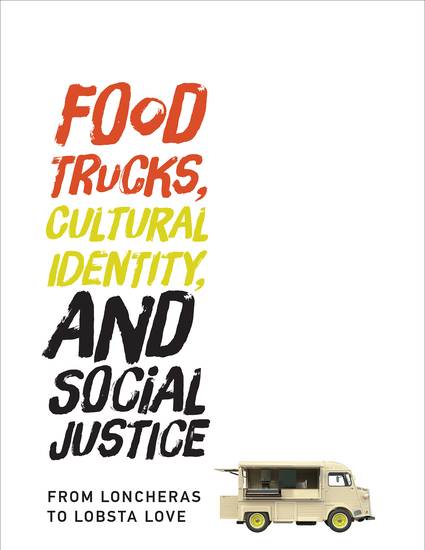
Contribution to Book
Atlanta’s Food Truck Triumph: Rethinking Policy in an Age of Temporary Urbanism
Food Trucks, Cultural Identity and Social Justice From Loncheras to Lobsta Love
(2017)
Abstract
Atlanta, Georgia is one of many young U.S. metropolitan areas that boast a thriving food truck scene. The success of the food truck industry in Atlanta, however, has been due not to supportive governmental policies, but rather to persistent citizen participation and third-party intermediary intervention in the policy-making and industry-building process. This chapter details the evolution of the municipal and state policy environments around vending and space regulation, the impact of these regulations on Atlanta’s food truck movement, and the ways in which the Metro Atlanta Area’s highly-fractured regional mosaic sparked the rapid diffusion, from central city to suburban cities, of this local food truck industry. This story highlights the ways in which policies can act as barriers to non-traditional industries, and also how collaborative planning and new ways of thinking about regionalism and urban space have made way for the food truck industry in and around Atlanta.
Keywords
- food systems,
- urban policy,
- economic and community development,
- civic innovation,
- social entpreneurship
Disciplines
Publication Date
Summer September, 2017
Editor
Julian Agyeman, Caitlin Matthews and Hannah Sobel
Publisher
MIT Press
ISBN
9780262036573
Publisher Statement
Book Overview
The food truck on the corner could be a brightly painted old-style lonchera offering tacos or an upscale mobile vendor serving lobster rolls. Customers range from gastro-tourists to construction workers, all eager for food that is delicious, authentic, and relatively inexpensive. Although some cities that host food trucks encourage their proliferation, others throw up regulatory roadblocks. This book examines the food truck phenomenon in North American cities from Los Angeles to Montreal, taking a novel perspective: social justice. It considers the motivating factors behind a city’s promotion or restriction of mobile food vending, and how these motivations might connect to or impede broad goals of social justice.
The contributors investigate the discriminatory implementation of rules, with gentrified hipsters often receiving preferential treatment over traditional immigrants; food trucks as part of community economic development; and food trucks’ role in cultural identity formation. They describe, among other things, mobile food vending in Portland, Oregon, where relaxed permitting encourages street food; the criminalization of food trucks by Los Angeles and New York City health codes; food as cultural currency in Montreal; social and spatial bifurcation of food trucks in Chicago and Durham, North Carolina; and food trucks as a part of Vancouver, Canada’s, self-branding as the “Greenest City.”
ContributorsJulian Agyeman, Sean Basinski, Jennifer Clark, Ana Croegaert, Kathleen Dunn, Renia Ehrenfeucht, Emma French, Matthew Gebhardt, Phoebe Godfrey, Amy Hanser, Robert Lemon, Nina Martin, Caitlin Matthews, Nathan McClintock, Alfonso Morales, Alan Nash, Katherine Alexandra Newman, Lenore Lauri Newman, Alex Novie, Matthew Shapiro, Hannah Sobel, Mark Vallianatos, Ginette Wessel, Edward Whittall, Mackenzie Wood
Citation Information
Jennifer Clark and Emma French. "Atlanta’s Food Truck Triumph: Rethinking Policy in an Age of Temporary Urbanism" CambridgeFood Trucks, Cultural Identity and Social Justice From Loncheras to Lobsta Love (2017) p. 263 - 284 Available at: http://works.bepress.com/jennifer_j_clark/34/
